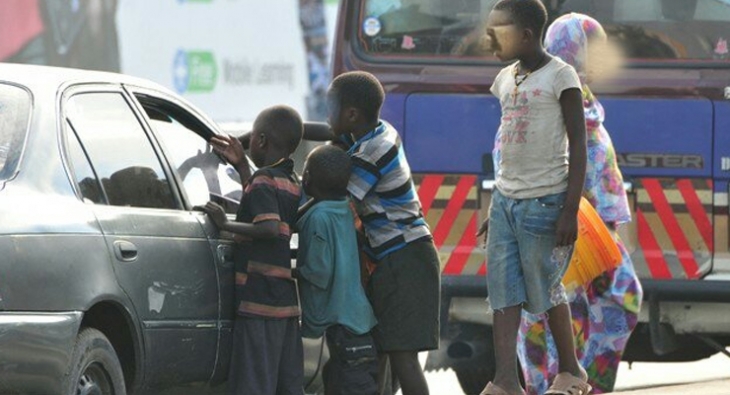THE recently released survey by Railway Children Africa (RCA) has cited poor living conditions in some Dodoma Region villages as the major reason for them to leave their families, and instead turn to be beggars in urban areas rather than work.
The survey findings were presented recently before a Parliamentary Standing Committee on Social Services by a team of researchers from RCA.
RCA, a subsidiary of Railway Children UK — an international charity that fights for Children Living and Working in the Streets (CLWS), conducted its study in collaboration with other partners to find out the number of street-connected children in Tanzania in six regions.
Although the survey found out that the population of the CLWS is rather small in comparison to the other cities that were surveyed.
The survey according to RCA Advocacy Manager, Rose K aguo was conducted in six regions of Dodoma, Arusha, Dodoma, Iringa, Mbeya and Mwanza. In Dodoma, most CLWS were males, with females only accounting for 12per cent.
Notably, most of the male CLWS were aged 11– 18, while among the females more were aged 11– 14. At night, while the number of male CLWS went down by two thirds, the number of females remained the same, now accounting for 26per cent of the total count. Counters did not find any small children aged 0–6 at night.
While males were distributed across the ages, 93per cent of females were aged 15–18, suggestive of their involvement in sex work at night.
The findings further suggested that during the day, two thirds of male CLWS engaged in some form of business, whether fixed or moving, while a third engaged in begging.
Over half of the female CLWS were idling in the streets, while only 18per cent were engaged in some form of business activity.




